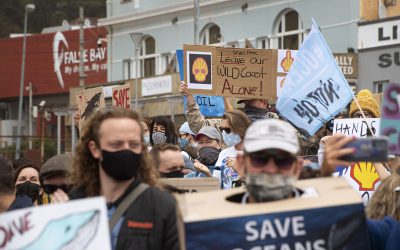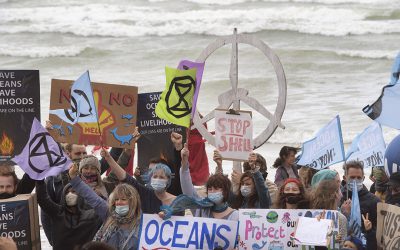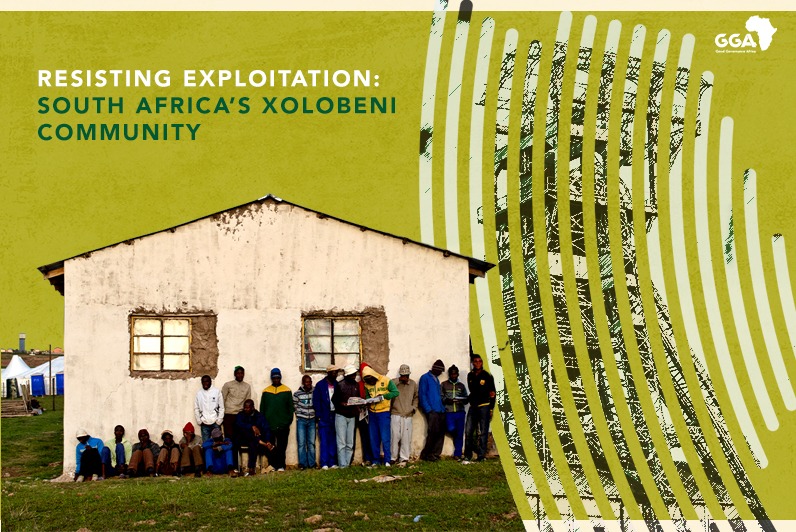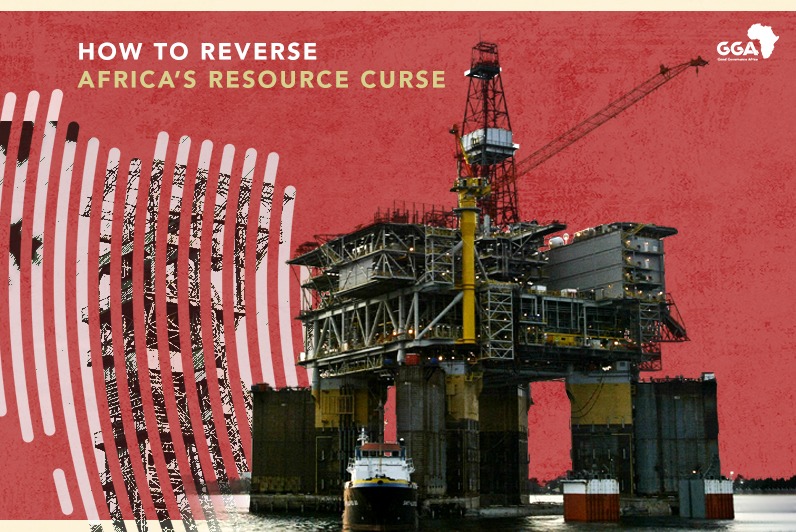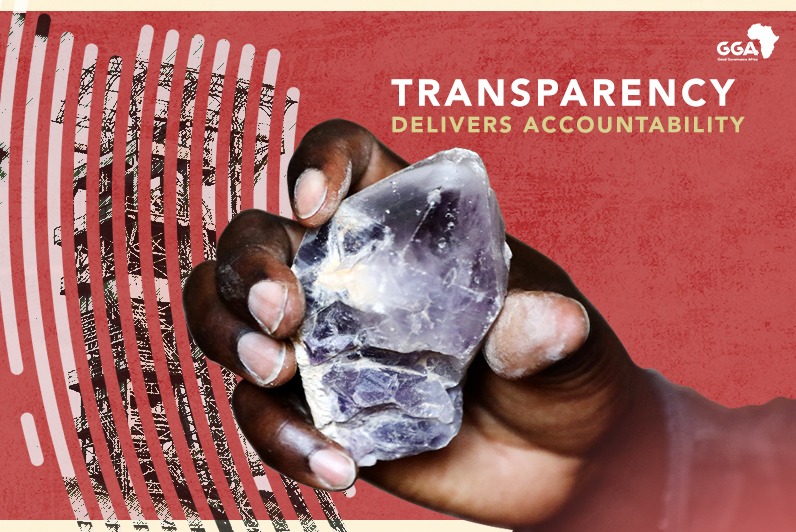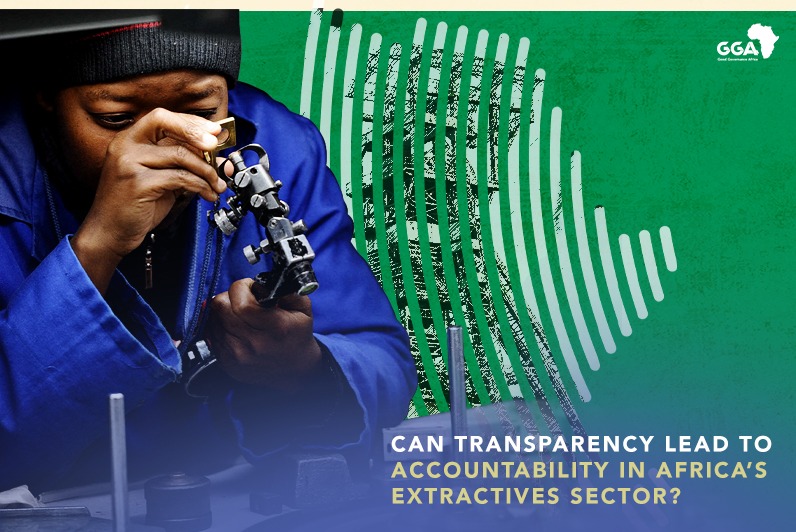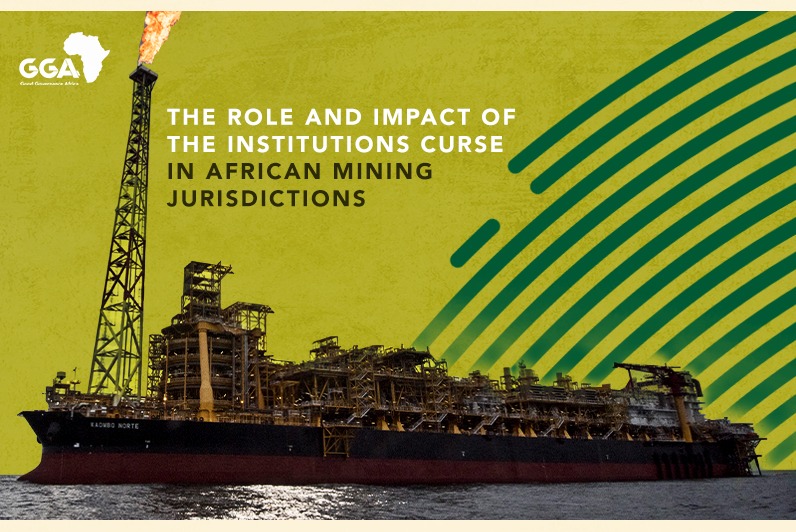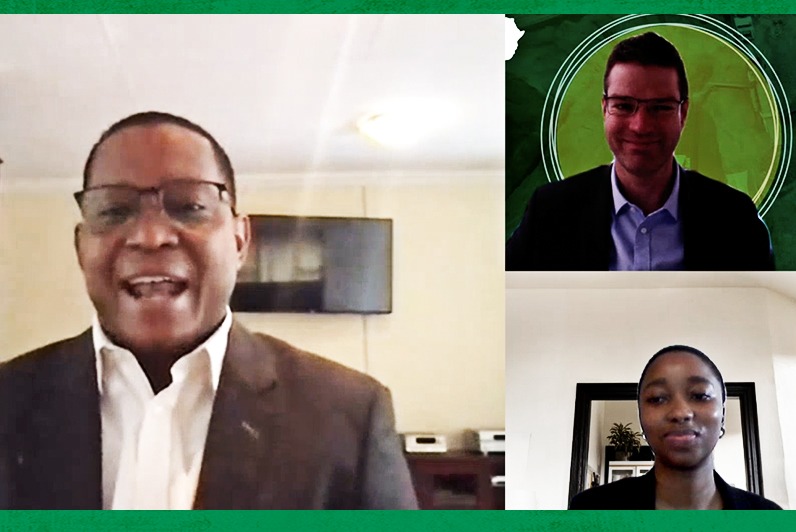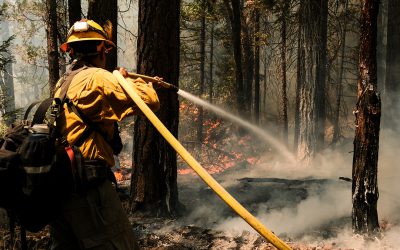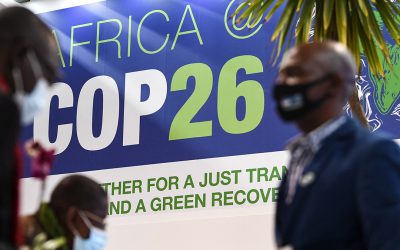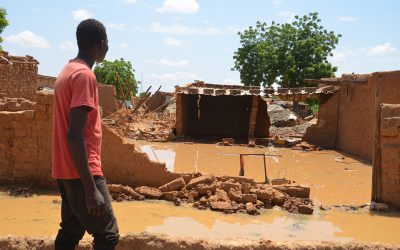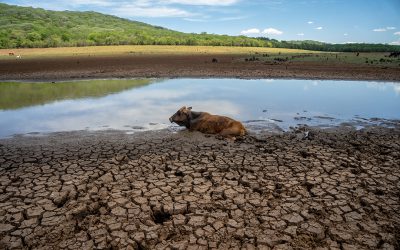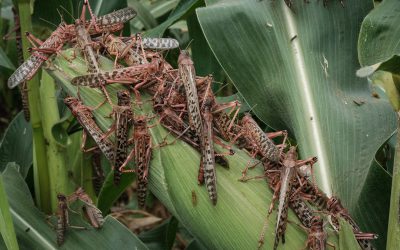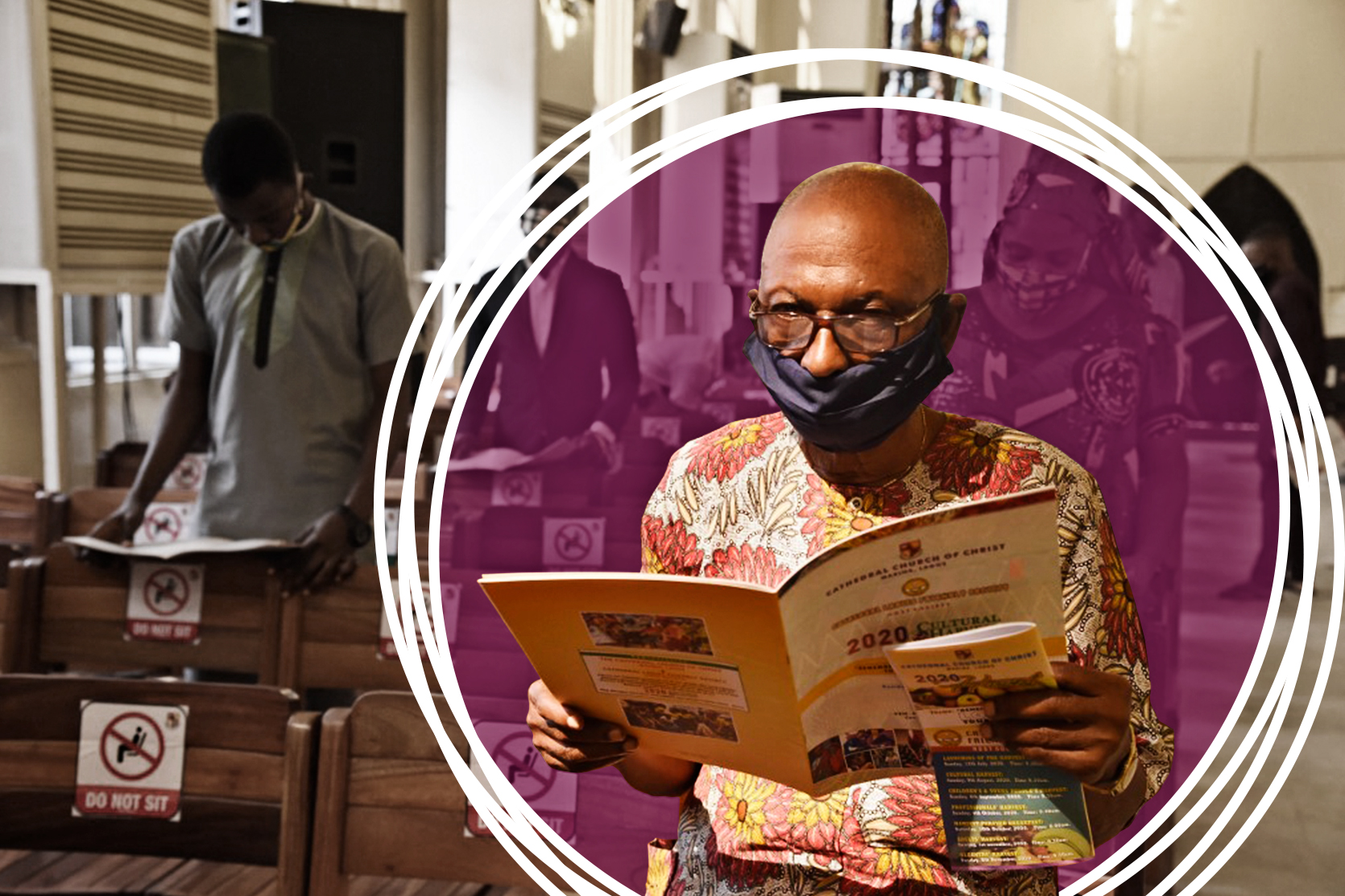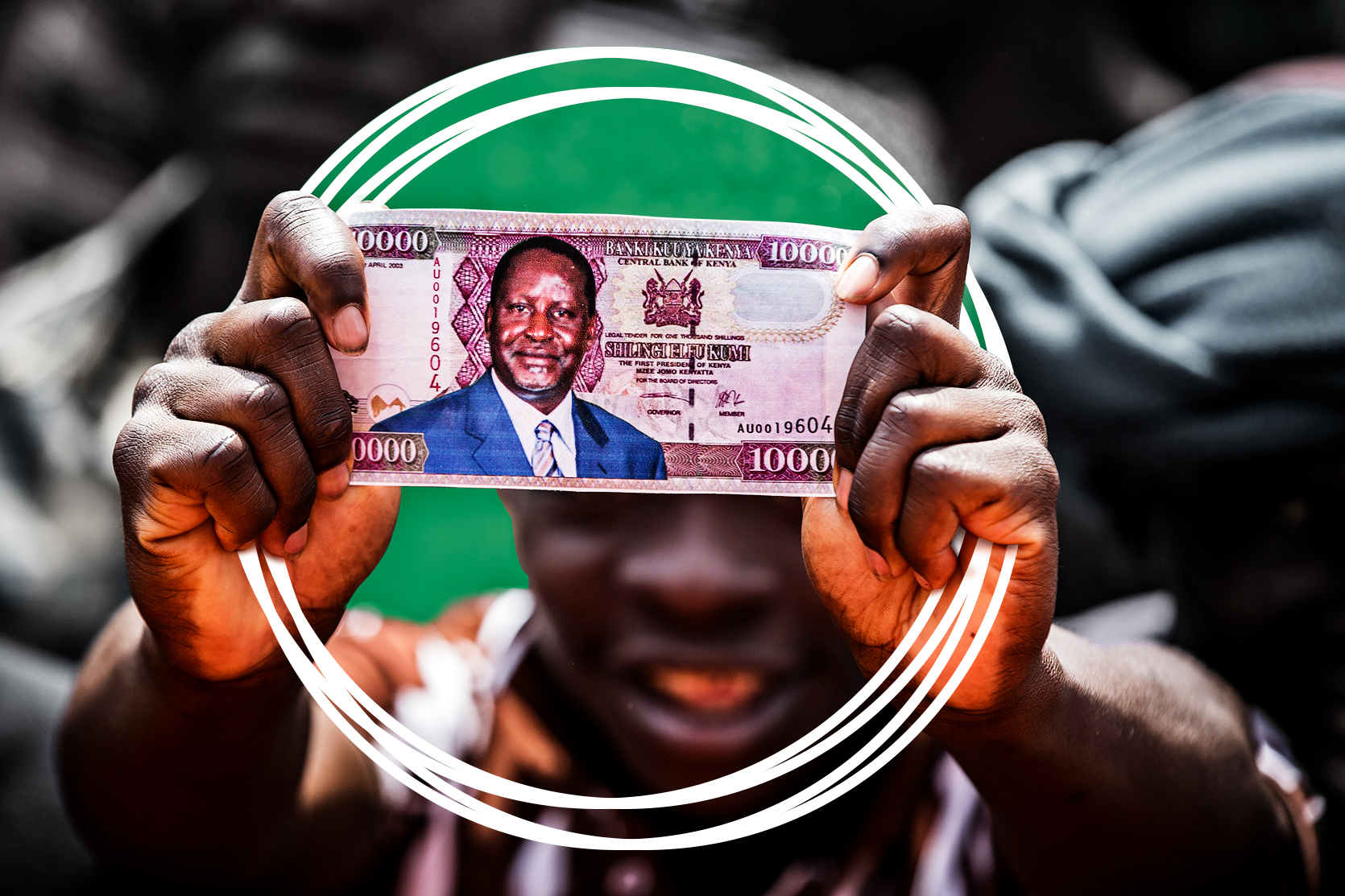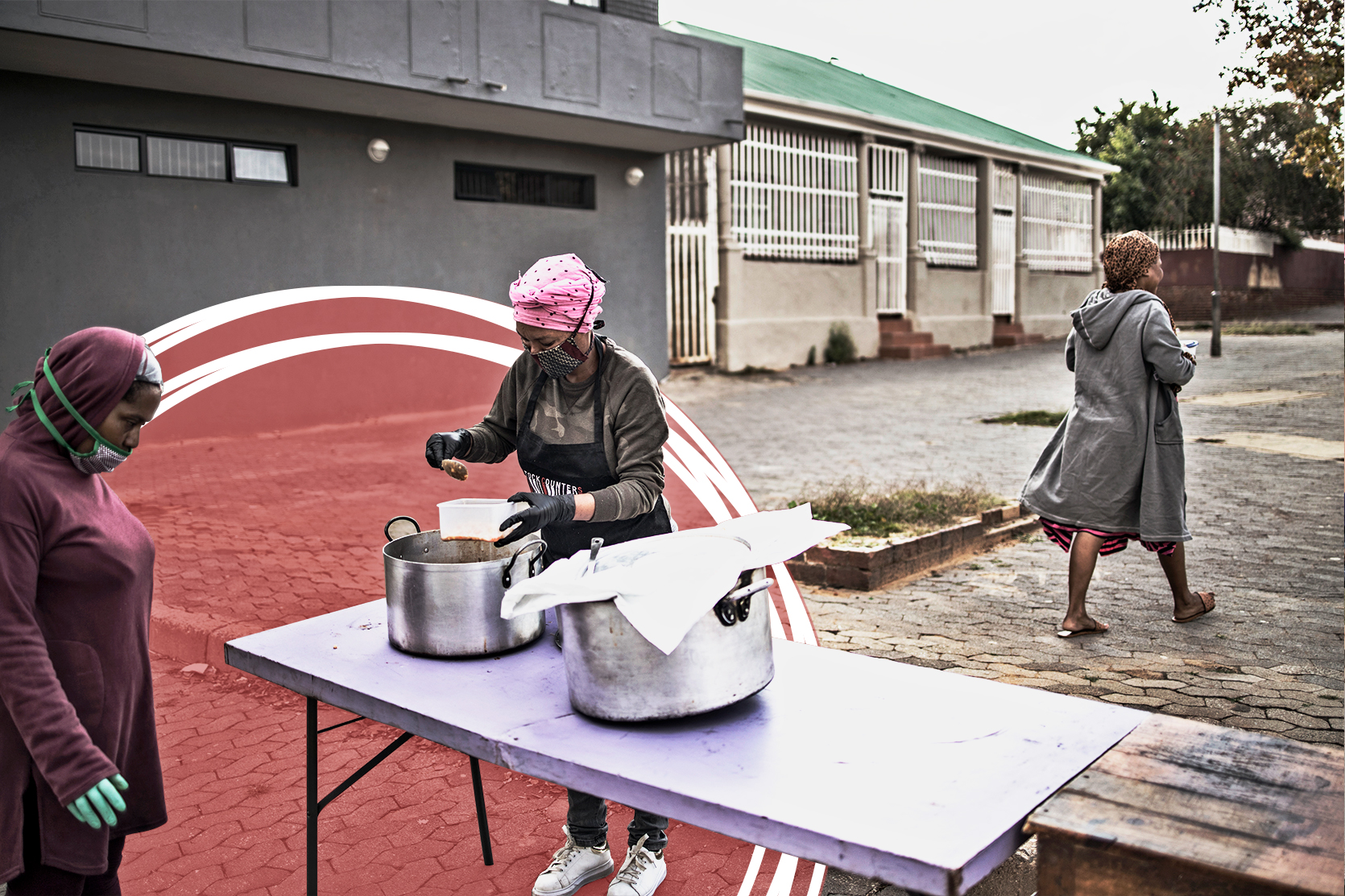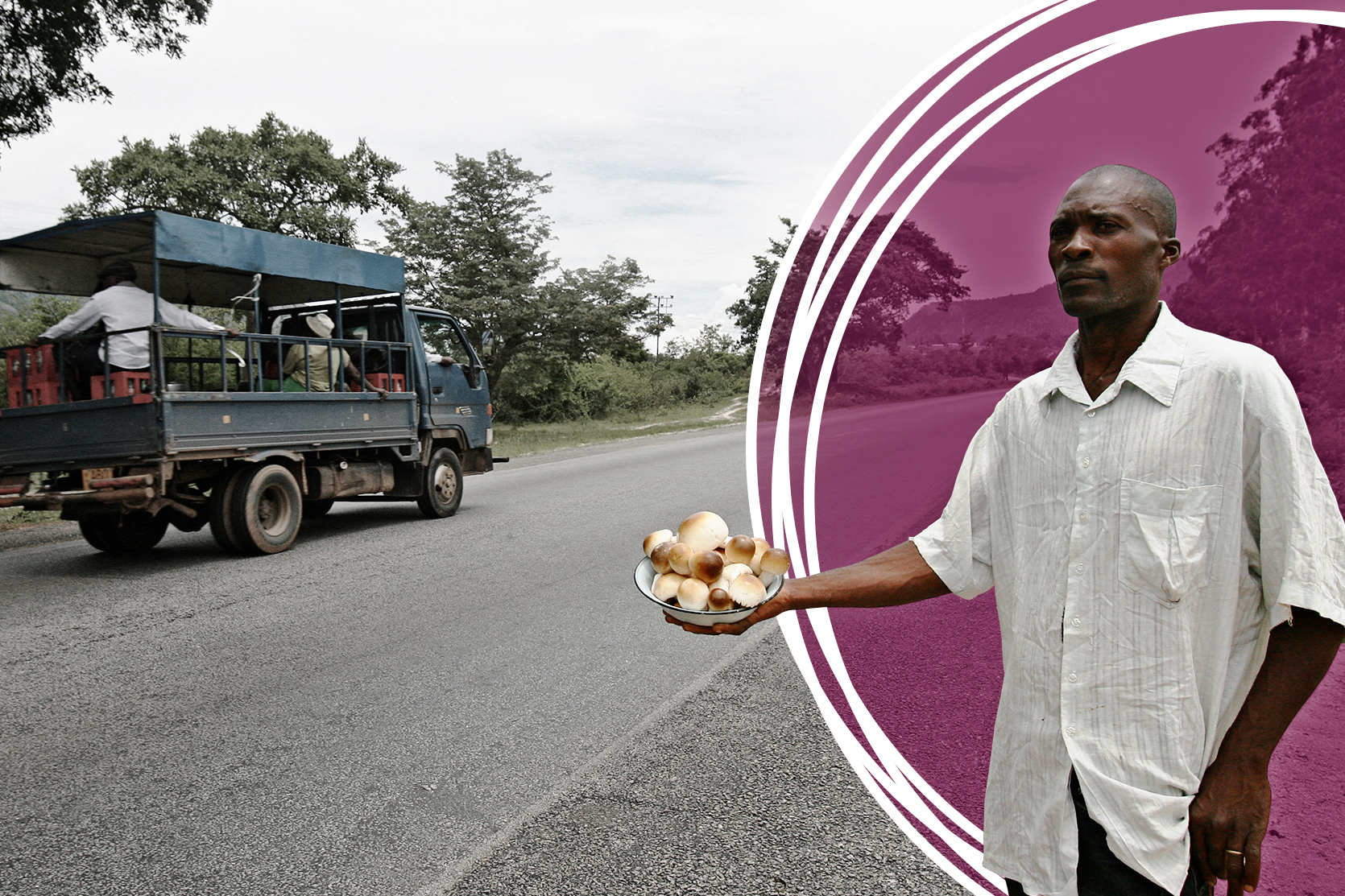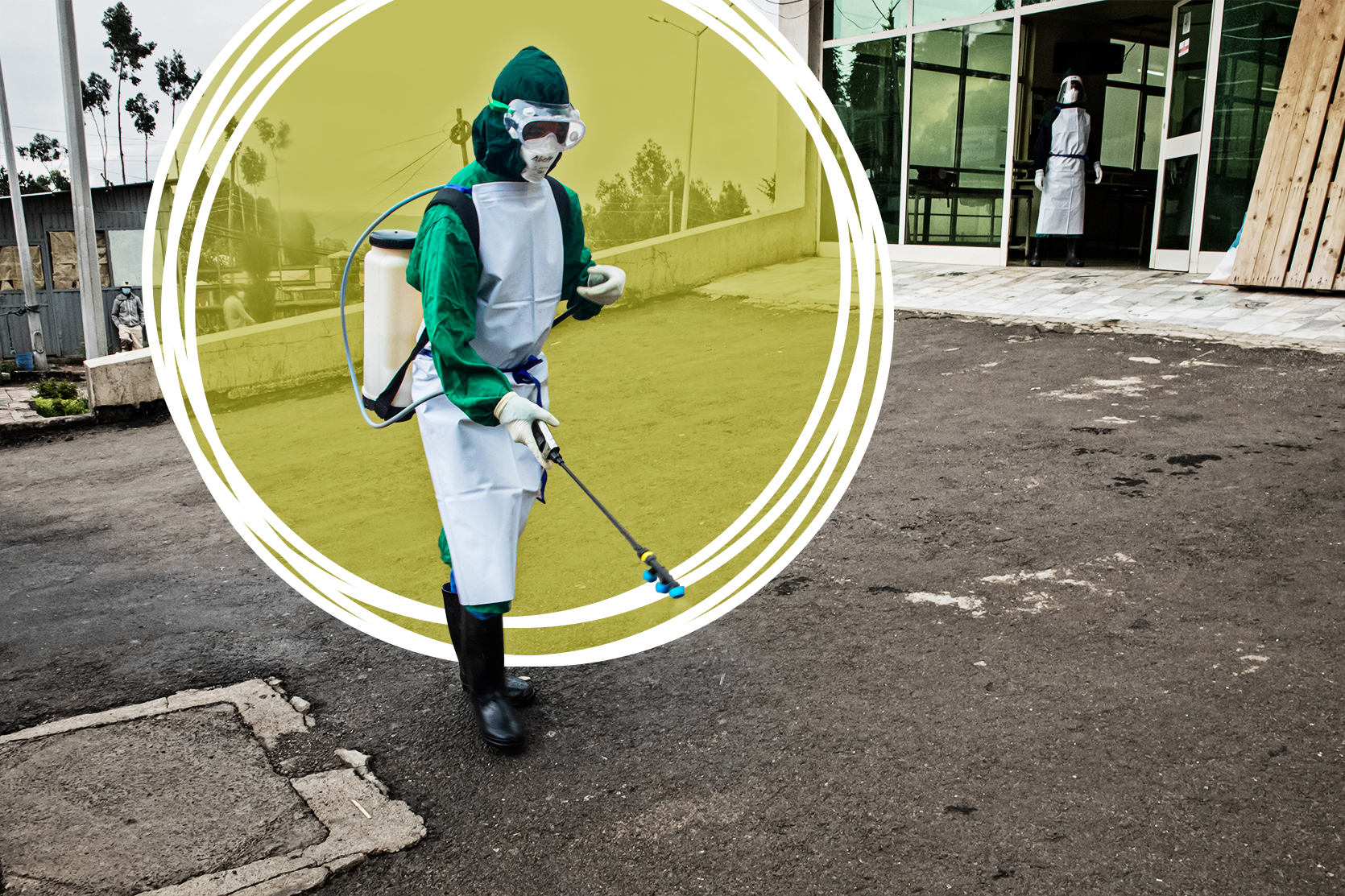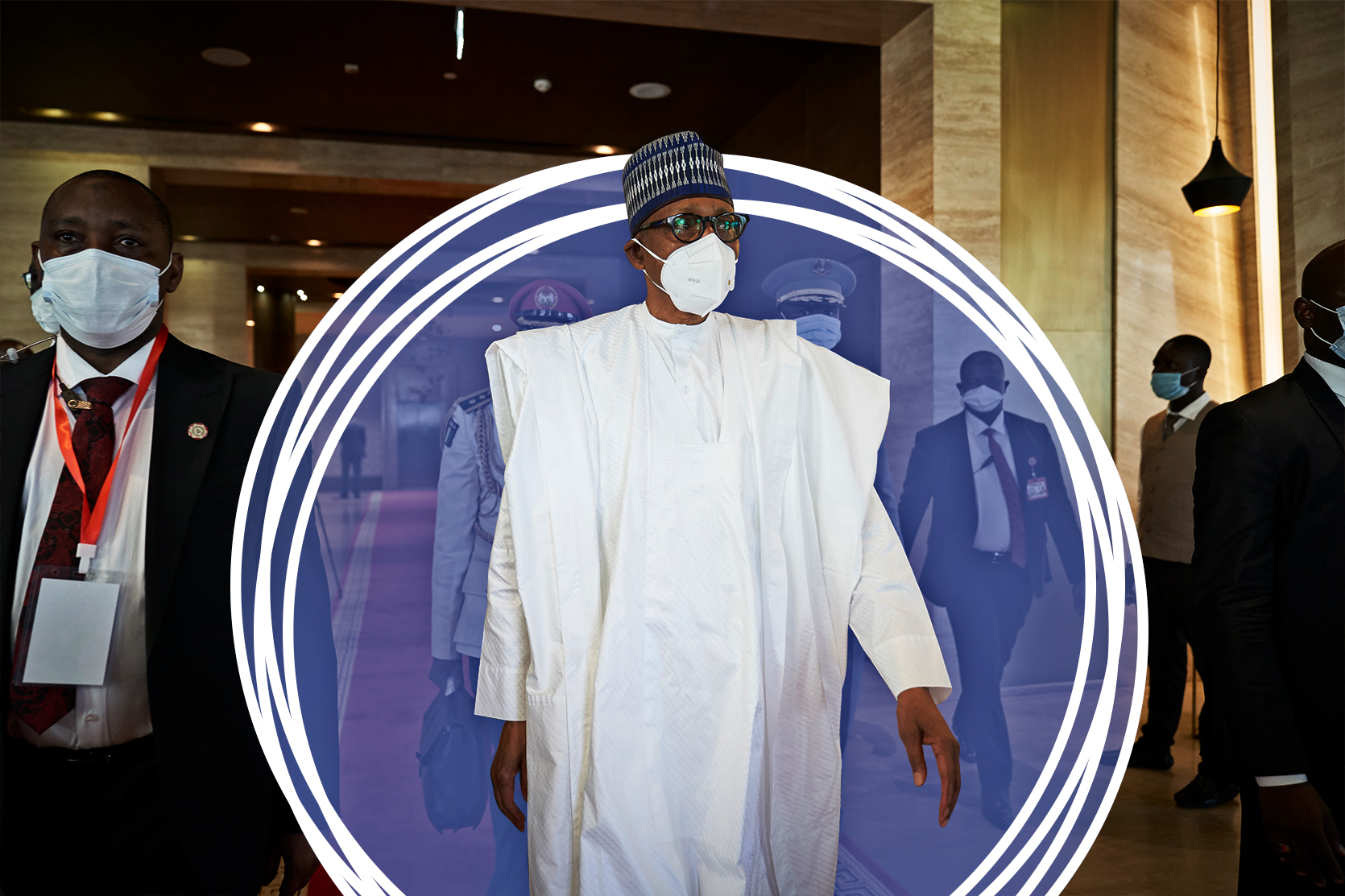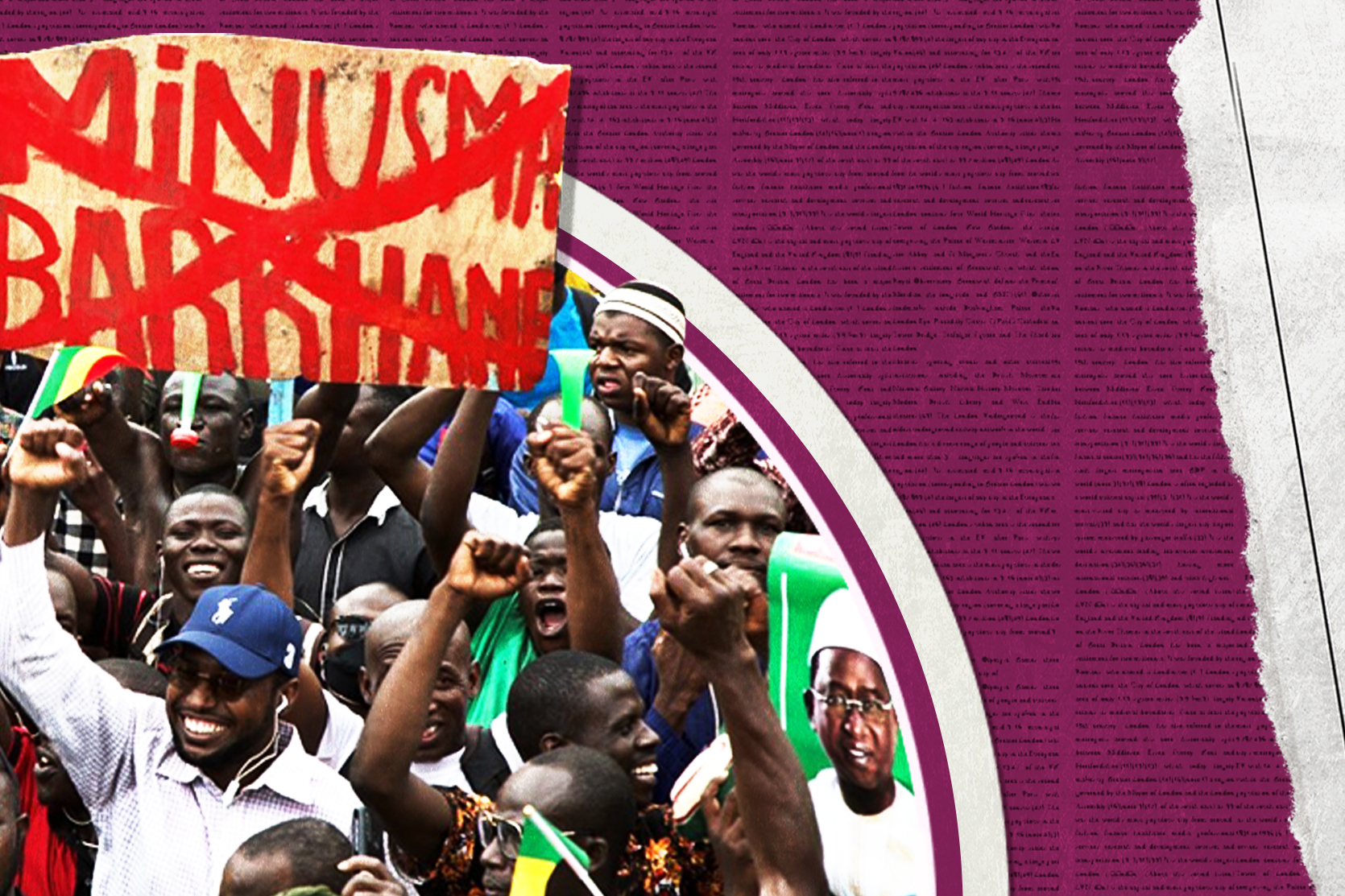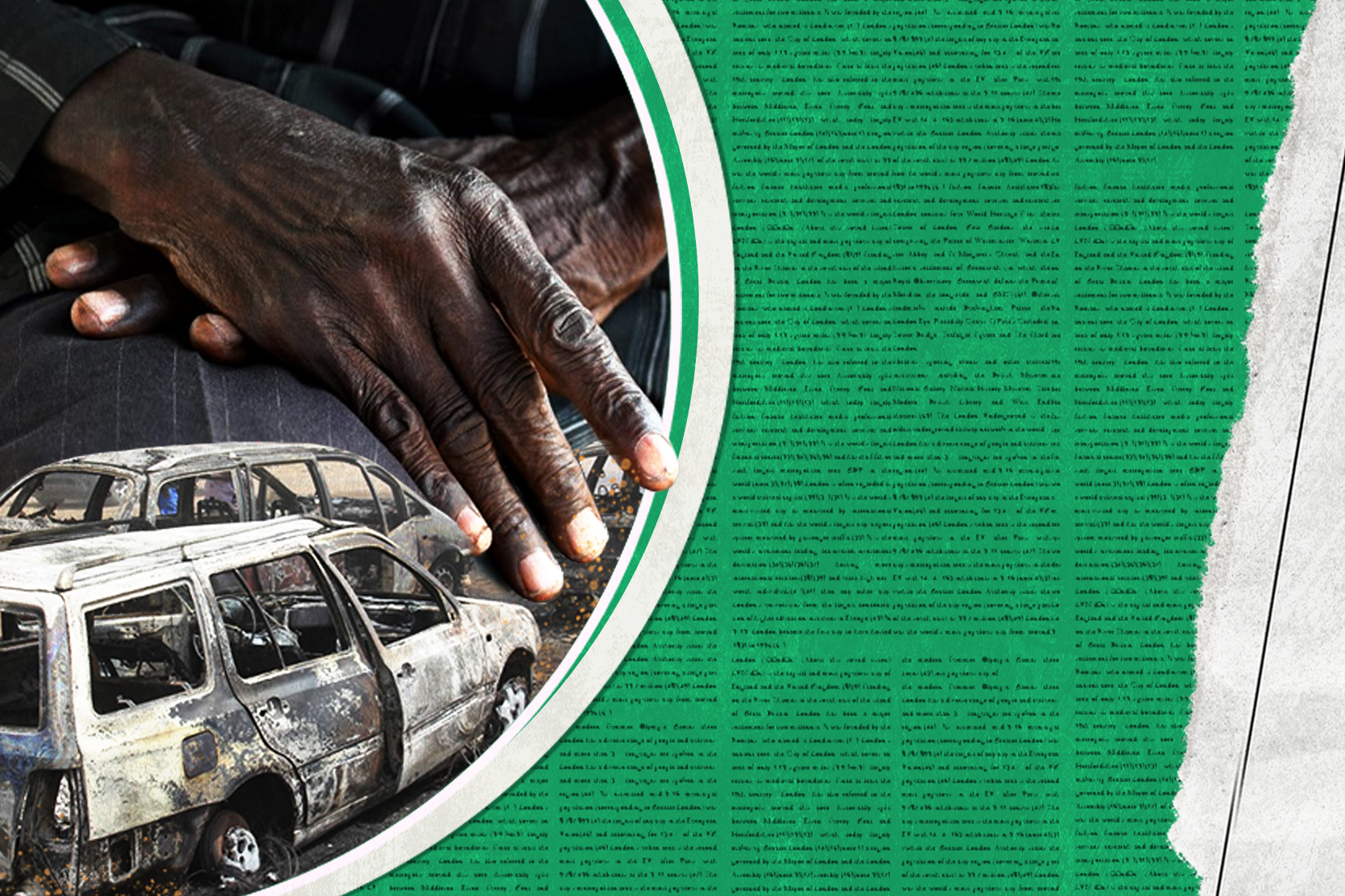The wild cost of oil exploration:
Oil prospecting off South Africa’s Wild Coast threatens far more than its delicate ecosystem
How committed is SA to reducing fossil fuel dependence?
Breaking South Africa’s dependence on coal and other hydrocarbons is crucial for the country to meet its energy security needs.
Shell judgment shows that environment matters
Shell judgement shows that environment matters
Unpacking the Shell court judgment
As 2021 drew to a close, environmental and human rights organisations including Border Deep Sea Association, Kei Mouth Ski Boat Club, Natural...
Unpacking the Shell court judgment
As 2021 drew to a close, environmental and human rights organisations including Border Deep Sea Association, Kei Mouth Ski Boat Club, Natural...
Shell exploration: Managing natural resource governance and environmental concerns
The 26th Conference of the Parties (COP26) has recently concluded in Glasgow. That there was sunshine in that part of the world was perhaps all the...
Reversing the Resource Curse
Social licences and community rights: An assessment of the Xolobeni community
The Xolobeni community refers to a group of people from five coastal villages on South Africa’s Wild Coast who have been resisting plans to exploit world-class deposits of titanium-bearing minerals on a section of this coastline for almost fifteen years.
Reversing the ‘Resource Curse’ in Africa: what can be done?
The African continent is rich in natural resources like gold, diamonds, oil, bauxite, coltan, and much more. Several countries such as Nigeria, Angola, Democratic Republic of Congo and Chad, among others, have not been able to translate these resources into development for the benefit of its people.
Governance matters: How can transparency lead to real accountability in the extractives industry?
Given the fragile socio-political and environmental context in which the extractives industry so often operates in Africa, transparency is an absolute necessity for companies if they are to be regarded as good neighbours, and avoid becoming embroiled in destructive conflict.
Governance matters: How can transparency lead to real accountability in the extractives industry?
Given the fragile socio-political and environmental context in which the extractives industry so often operates in Africa, transparency is an absolute necessity for companies if they are to be regarded as good neighbours, and avoid becoming embroiled in destructive conflict.
Governance matters: How can transparency lead to real accountability in the extractives sector in Africa
Extractive resources are different from other resources in many ways. To begin with, extractive resources (petroleum, minerals, etc.) are strategic and can even make advanced countries such as Japan depend on less developed countries like Angola and Algeria.
The role and impact of the Institutions Curse in perpetuating the Resource Curse
When oil, natural gas, or similar natural resources are discovered the expectation is that their exploitation will dramatically and materially benefit the population of the host country.
Reversing the Resource Curse – Mining Vodcast
Tune in to our first vodcast of the campaign above, in which GGA SADC Executive Director, Chris Maroleng, hosts colleagues, Busisipho Siyobi (Lead Researcher, Natural Resource Governance Programme), and Dr Ross Harvey (Director of Research & Programmes).
Climate change
The road to Net Zero by 2050: Unpacking the key trade-offs
In the wake of the recent International Energy Agency (IEA) Net Zero by 2050 report, and the Sixth Intergovernmental Panel for Climate Change (IPCC)...
Mitigating climate-related conflict and security risks in Africa
On Monday 1 November, President Uhuru Kenyatta delivered Kenya’s national statement at the World Leaders Summit of the ongoing 26th United Nations...
Dr Ross Harvey unpacks what should be top of Africa’s agenda at COP26
On Wednesday 27 October 2021, GGA convened a live webinar, hosted by the Mail & Guardian, bringing together a range of climate change experts....
Dr Ross Harvey unpacks what should be top of Africa’s agenda at COP26
On Wednesday 27 October 2021, GGA convened a live webinar, hosted by the Mail & Guardian, bringing together a range of climate change experts....
Transnational climate governance or national climate policy – what matters more?
Over the past two decades, countries have battled to reach meaningful multilateral consensus on reducing carbon emissions at international climate...
Climate finance and COP26 – A key issue for Africa
After being postponed by a year due to COVID-19, the United Kingdom will host the long-anticipated 26th annual United Nations Global Climate Summit...
New breeding swarms of desert locusts pose major threat to food security in Horn of Africa and Yemen
In 2020, East Africa experienced its worst desert locust outbreak in 25 years — in 70 years for Kenya — which put nearly 40 million people at risk...
Covid-19
Tackling COVID-19 and looking beyond
On 7 January, 2020, the International Rescue Committee (IRC) published an article about ‘The top 10 crises the world should be watching in 2020.’
C-19 in Kenya: Youth job scheme: a real deal or an empty promise?
Kenya launched an ambitious plan dubbed Kazi Mtaani in early June that sought to shield thousands of jobless young people from the biting effects of the COVID-19 pandemic.
As Covid empties plates, is it time to go BIG?
South Africa already had a hunger crisis before the Covid-19 pandemic struck. As early as 2014, Oxfam reported that one in four South Africans went to bed hungry every day.
As Covid empties plates, is it time to go BIG?
South Africa already had a hunger crisis before the Covid-19 pandemic struck. As early as 2014, Oxfam reported that one in four South Africans went to bed hungry every day.
Zimbabwe: caught between the pandemic and an incapable state
The Zimbabwean government’s plans to pay ZW$ 300 a month to a million households were screamed in a headline in the state-controlled Sunday Mail edition of 26 July.
C-19 in Ethiopia: Cautious during the day, disarmed at night
Burial rituals are an elaborate affair in most of Ethiopia. Burials here have their roots in the Jewish culture of “Shiva”, and they are followed by a period of mourning in which an entire community is engaged as a show of solidarity with those who are grieving.
Nigeria: Easing a lockdown, while ignoring WHO guidelines
From the get-go, the Nigerian authorities publicised precautions for people to keep safe against COVID-19 and ways through which they could prevent the spread of the disease.
Covid-19
Tackling COVID-19 and looking beyond
On 7 January, 2020, the International Rescue Committee (IRC) published an article about ‘The top 10 crises the world should be watching in 2020.’
C-19 in Kenya: Youth job scheme: a real deal or an empty promise?
Kenya launched an ambitious plan dubbed Kazi Mtaani in early June that sought to shield thousands of jobless young people from the biting effects of the COVID-19 pandemic.
As Covid empties plates, is it time to go BIG?
South Africa already had a hunger crisis before the Covid-19 pandemic struck. As early as 2014, Oxfam reported that one in four South Africans went to bed hungry every day.
Human Security
Why interventions in African conflicts must be aware of hybrid political orders
Many of Africa’s most significant challenges today are at their core political in nature, with policies developed in response centering on the incentives and priorities of the elite political class at the geopolitical, national and subnational level. The Sahel is a cruel microcosm of these dynamics.
Building human security in times of crisis
Traditional security thinking places the State as the primary entity which needs to be protected from external military threats. Territorial integrity is considered a fundamental value and any threats to it endanger national sovereignty.
READ BETWEEN THE LINES
Sign-up to our newsletter to get the inside track on Africa

